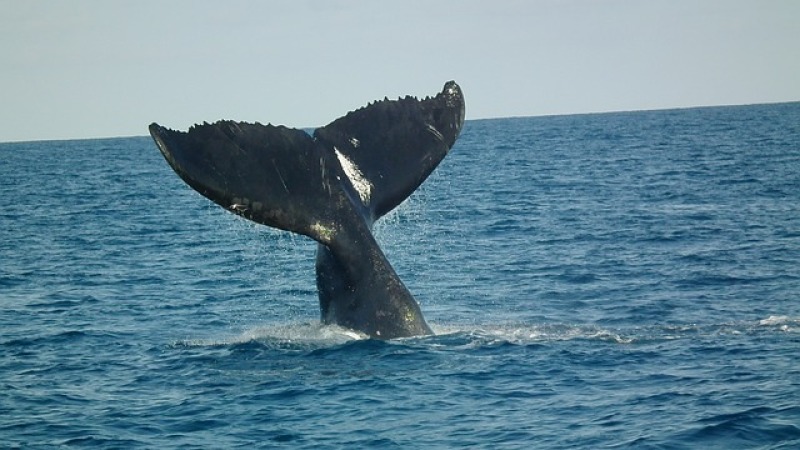
The U.S. Navy has agreed to limit its use of sonar and underwater explosives as part of its training exercises in the coasts of California and Hawaii.
The move is part of a legal settlement organized by various environmental groups for the protection of whales and other marine life in the areas, Science Mag reported.
On Monday, a U.S. court in Hawaii sided with a settlement presented by Earthjustice, Greenpeace and the National Resources Defense Council. According to the organizations, certain actions utilized by the ships of the U.S. Navy negatively affects the conditions of marine animals.
Particularly, the use of sonar blasting for training activities and to simulate real-life scenarios can disrupt the hearing and communication abilities of whales and other animals in the ocean. It can also affect their migrating and feeding behaviors.
Also, the use of underwater explosives endangers the well-being of the animals. In 2011, four dolphins were accidentally killed in San Diego due to a training exercise with explosives.
The groups argued that the U.S. Navy can still carry out its training exercises in the ocean without these elements.
"This settlement proves what we've been saying all along," Marsha Green, the head of Ocean Mammal Institute said according to The Guardian. "The Navy can meet its training and testing needs and, at the same time, provide significant protections to whales and dolphins by limiting the use of sonar and explosives in vital habitat."
In addition, the settlement presented by the various groups eliminates the previous agreement between the U.S. Navy and the National Marine Fisheries Services regarding the use of sonar in certain areas of the Pacific.
Aside from limiting the use of sonar and explosives, the U.S. Navy has also been asked to be extremely careful when passing through areas that are considered as the natural habitats of whales, dolphins and other marine animals. The ships of the naval branch should also move at safe speeds when passing through these areas to prevent accidental collisions.
According to an estimate released by the U.S. Navy, the use of explosives can lead to the deaths of more than 150 whales. It can also seriously injure about 13,000 marine animals.
"Recognizing our environmental responsibilities, the Navy has been, and will continue to be, good environmental stewards as we prepare for and conduct missions in support of our national security," Lt. Cmdr. Matt Knight, a spokesperson for the U.S. Pacific Fleet said in a statement according to CBC.



















